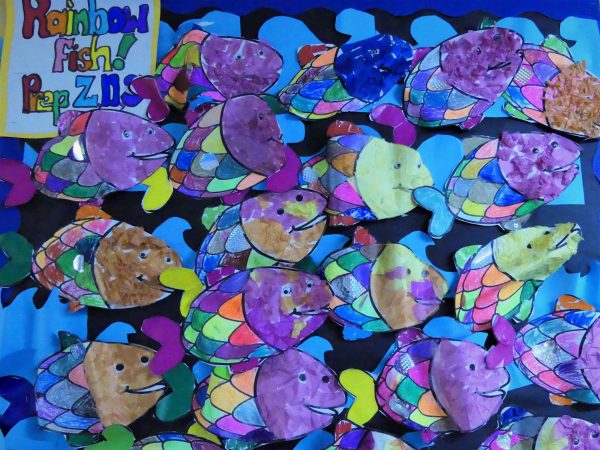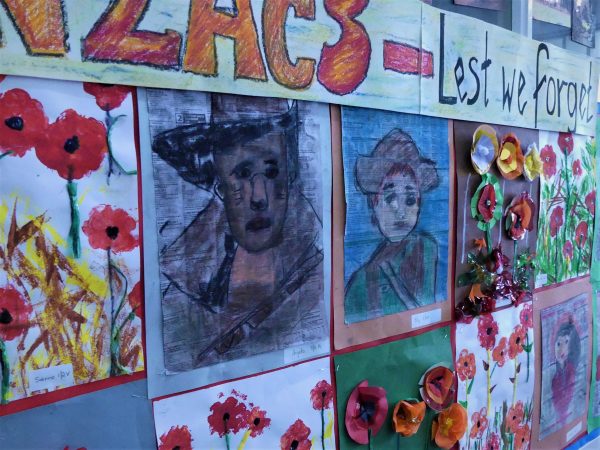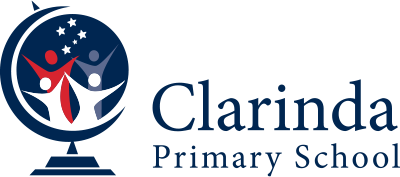The Arts
Music
The Music curriculum aims to develop students’:
- confidence to be creative, innovative, thoughtful, skilful and informed musicians
- skills to listen, improvise, compose, interpret, perform, and respond with intent and purpose
- aesthetic knowledge and respect for music and music practices across global communities, cultures and musical traditions
- understanding of music as an aural art form, its relationship with other arts forms and contributions to cultures and societies.

Visual Arts
The Visual Arts curriculum aims to develop students’:
- conceptual and perceptual ideas and expressions through design and inquiry processes
- visual arts techniques, materials, processes and technologies
- critical and creative thinking, using visual arts languages, theories and practices to apply aesthetic judgement
- respect for and acknowledgement of the diverse roles, innovations, traditions, histories and cultures of artists, craftspeople, designers, curators, critics and commentators
- respect for visual arts as social and cultural practices, including industry practices
- confidence, curiosity, imagination and enjoyment and a personal aesthetic through engagement with visual arts making, viewing, discussing, analysing, interpreting and evaluating.


Dance
The Dance curriculum aims to develop students’:
- body awareness and technical and expressive skills to communicate through movement confidently, creatively and intelligently
- choreographic and performance skills and appreciation of their own and others’ dances
- aesthetic, artistic and cultural understandings of dance in past and contemporary relationship with other arts forms and contributions to cultures and societies
- respect for and knowledge of the diverse purposes, traditions, histories and cultures of dance by making and responding as active participants and informed audiences.
Drama
The Drama curriculum aims to develop students’:
- confidence and self-esteem to explore, depict and celebrate human experience, take risks and challenge their own creativity through drama
- knowledge and understanding in controlling, applying and analysing the elements, skills, processes, forms, styles and techniques of drama to engage audiences and create meaning
- sense of curiosity, aesthetic knowledge, enjoyment and achievement through exploring and playing roles, and imagining situations, actions and ideas as drama makers and audiences
- knowledge and understanding of traditional and contemporary drama as critical and active participants and audiences.
